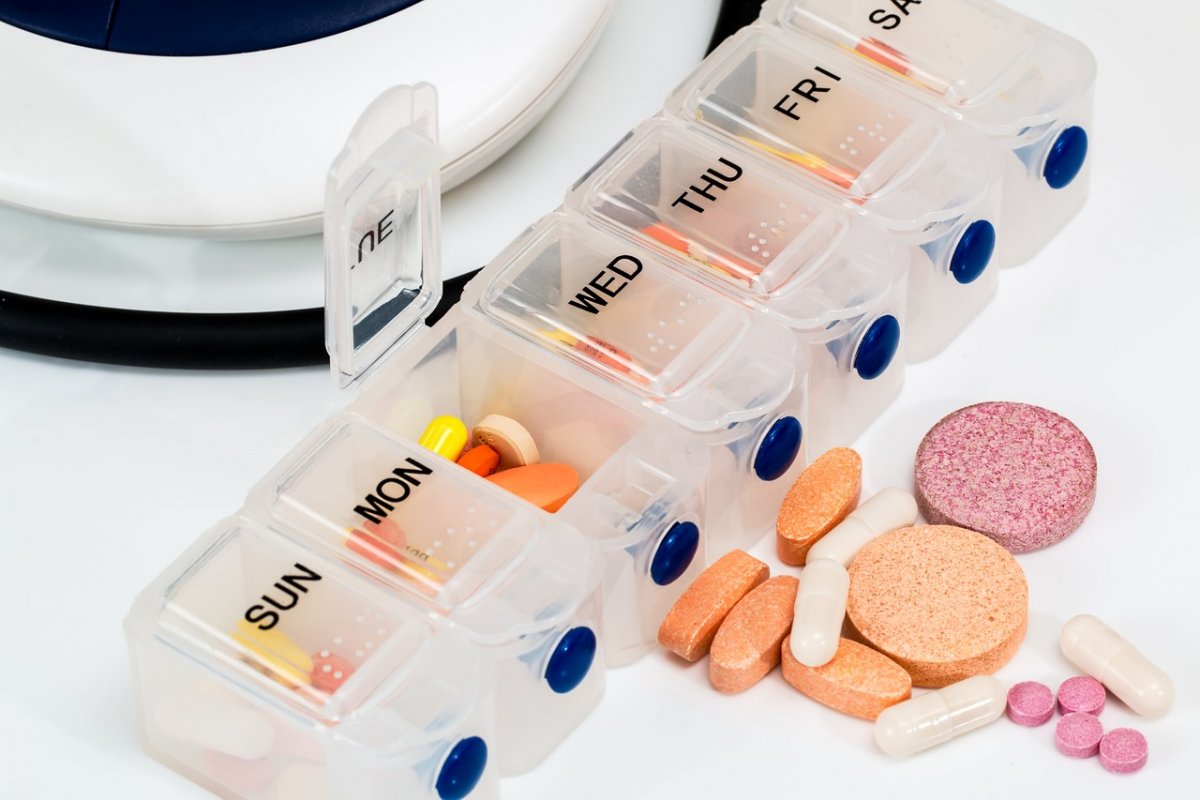
Supplements can exaggerate the effects of other medications you are taking to dangerous levels.
Supplements can have many benefits. They can boost your immune system, lower “bad” LDL cholesterol, and more. But some supplements “may pose a risk to the heart” when taken under certain conditions.
“Unlike prescription drugs, supplements are often sold without evidence that they work or are safe,” says a doctor. nutritionist Igor Strokov especially for MedikForum.
Red Yeast Rice
The supplement is made from yeast that grows on white rice. It may be in the form of tablets. It is often used to improve blood health. A substance in the supplement called monacolin K causes a reduction in “bad” cholesterol, which in turn lowers blood pressure. Because of this, it is often used as a statin.
But when it is used along with statins, it can be dangerous. It may even make your heart worse rather than better.
L-arginine
An amino acid supplement is one of the chemicals that make up nitric oxide.
Nitric oxide reacts with the walls of your blood vessels and causes them to relax and open. As a result, L-arginine is marketed to people who want to improve circulation and lower blood pressure levels. And in some cases, improve erection.
People with heart disease should not use it.
“L-arginine can cause blood pressure to drop too low if you are already taking medication to treat this condition.”
Beware: Dr. Komarovsky addressed people who had recovered from COVID-19
But Like the supplements listed above, garlic supplements can have a similar effect when blood pressure drops too low.
“If taken with blood thinners, you may have excessive bleeding. If you take statins, you may damage muscles, and blood pressure drugs such as warfarin can cause blood pressure to drop too low.”
Be careful when applying for a loan
MedicalForum has previously written about the dangers of salt.
br>
Important! Information provided for reference purposes. Ask a specialist about contraindications and side effects and under no circumstances self-medicate. At the first sign of illness, consult a doctor.
